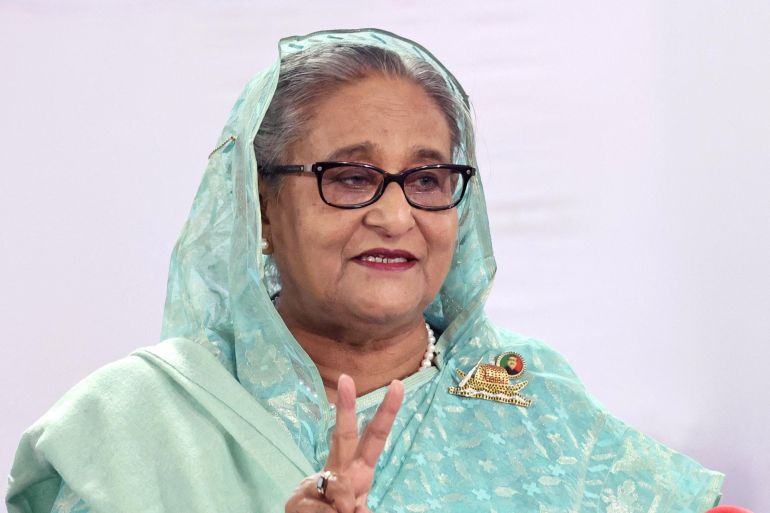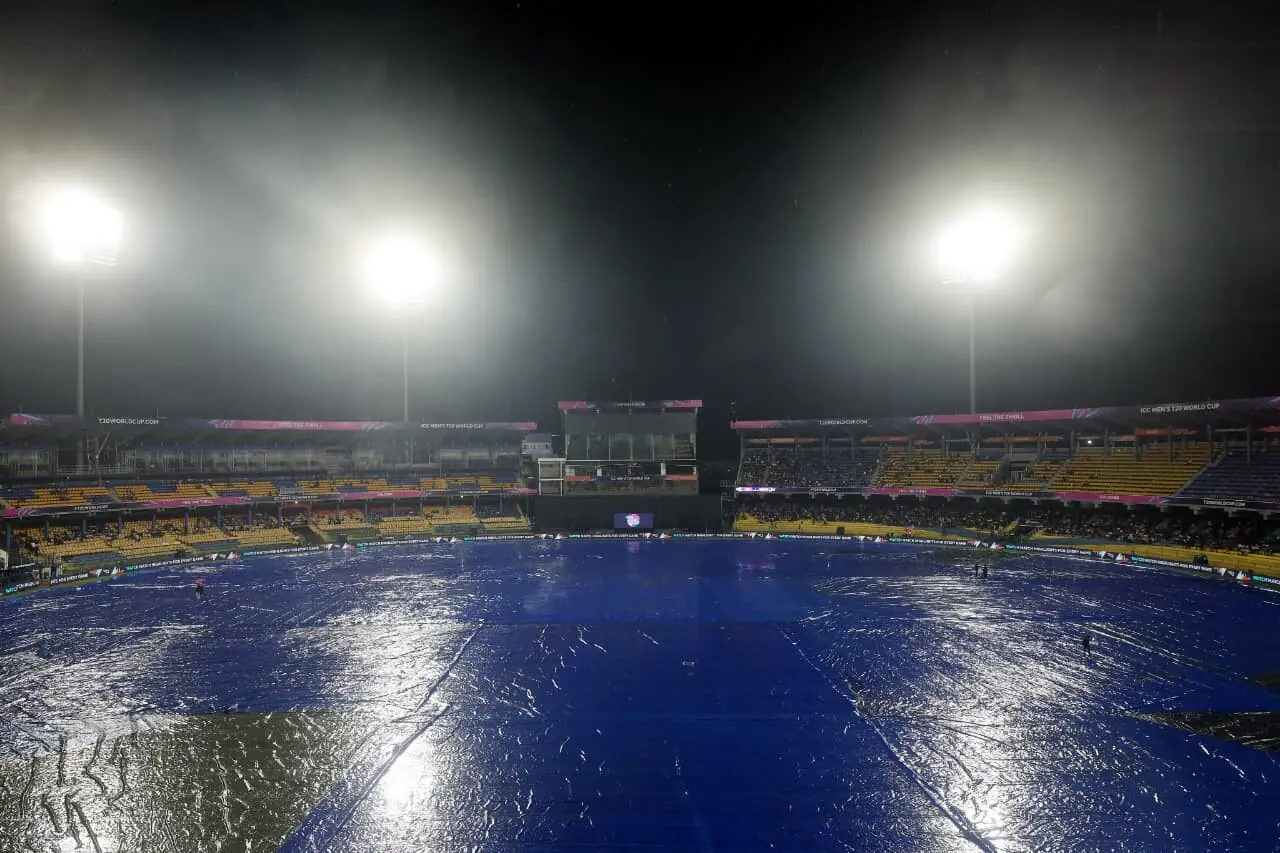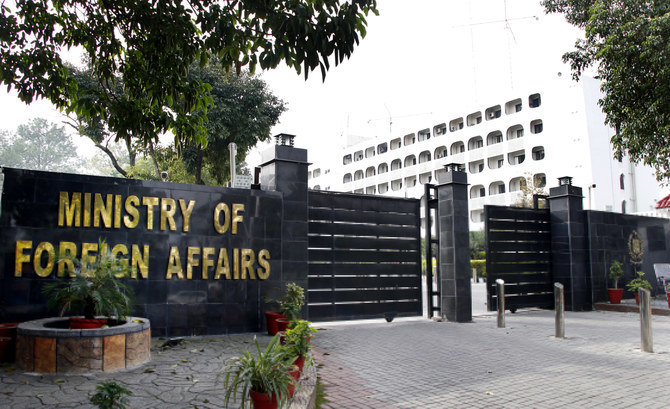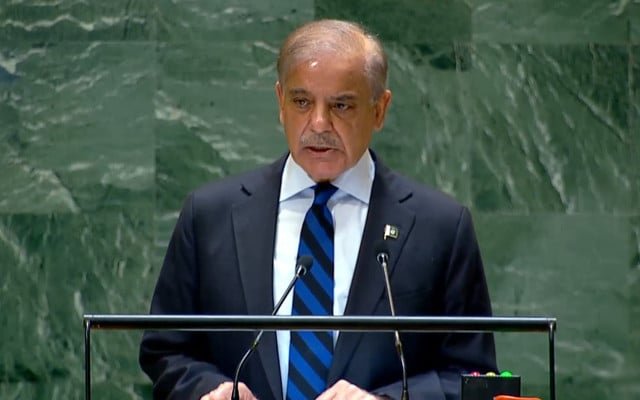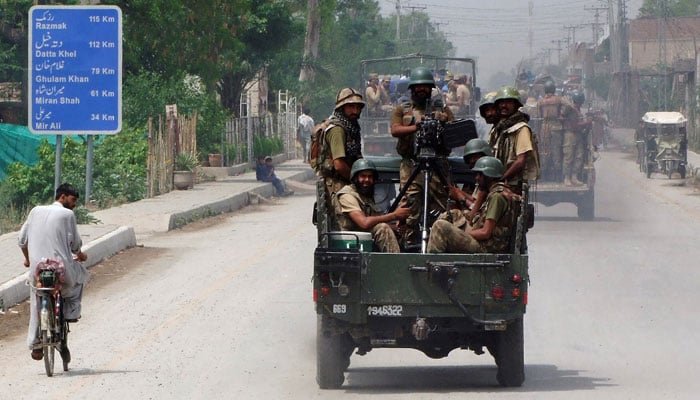Bangladesh’s interim government has officially banned all activities of the Awami League—the party of ousted former Prime Minister Sheikh Hasina—under the country’s Anti-Terrorism Act, citing serious national security concerns.
The decision, announced late Saturday, comes after widespread street protests led by the National Citizen Party, a student-led group born out of last year’s uprising that led to Hasina’s removal from power. The unrest has been fueled by growing support from Islamist and right-wing groups, including Jamaat-e-Islami, demanding the Awami League be declared a terrorist organization.
The government said the ban will remain in effect until trials are concluded over the alleged killing of hundreds of protesters during Hasina’s rule, currently being investigated by the International Crimes Tribunal (ICT).
In a major legal shift, the ICT Act has been amended to allow the prosecution of entire political parties—not just individuals—paving the way for the Awami League to be tried as an entity.
Founded in 1949, the Awami League dismissed the move as illegitimate, posting on social media: “All decisions of the illegal government are illegal.”
This latest development marks a dramatic escalation in Bangladesh’s political crisis, which intensified after Sheikh Hasina fled to India in August following violent anti-government demonstrations. Since then, an interim administration led by Nobel laureate Muhammad Yunus has taken over, promising reforms and possibly delaying elections until 2026.
Earlier in October, the government also outlawed the Awami League’s student wing, the Bangladesh Chhatra League, designating it a terrorist group for its involvement in attacks on protesters.



